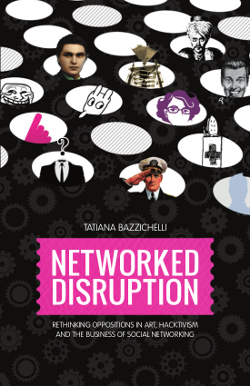
Post Porn in Milan
A series of initiatives on Post Porn organized by the students of the Brera Academy of Fine Art in Milan: Sapessi com’è strano il Postoporno a Milano!
Together with Gaia Novati, I will held a seminar on Indie Porn & Net Porn – Pornography as a subjective and collaborative experience, on April 5 (10.00-18.00) at the Brera Art Academy – and in the night of the same day, after long time The Traveling Porno Karaoke Show (Italian version) will come back at the Social Center Torchiera in Milan (starting: 19.30)!

Janez Janša, Janez Janša, Janez Janša: NAME Readymade
Janez Janša
Aksioma – Institute for Contemporary Art Ljubljana
Friday Lectures 2011. Dep. Information and Media Studies, Aarhus University
February 18, 14.00-16.00. Det lille Auditorium, IT-huset, Åbogade, Aarhus, DK

Janez Jansa, Janez Jansa, Janez Jansa 002199616 (Identity Card), Ljubljana, 2007. Courtesy: Aksioma – Institute for Contemporary Art, Ljubljana
Janez Janša, Janez Janša, Janez Janša
NAME Readymade
NAME Readymade is a project developed by three Slovenian artists – who all changed their names to Janez Janša in the summer of 2007. It is focused on the acts of changing one’s personal name and the effects of such gesture, opening up a series of questions, from what is real and what is mediated to the questions of identity and political in art. Janša, Janša and Janša turned around the relational scheme between art and life as it was developed in the 20th century, so that their art methods cut deeply into their material lives and the lives of their immediate surrounding.
Produced by: Aksioma – Institute for Contemporary Art, Ljubljana
Hosted by: Tatiana Bazzichelli
Supported by the Ministry of Culture of the Republic of Slovenia and the Municipality of Ljubljana
Supported by: DARC, Digital Aesthetics Research Centre, Aarhus Univerity
 Tatiana Bazzichelli – Networking Art
Tatiana Bazzichelli – Networking Art






